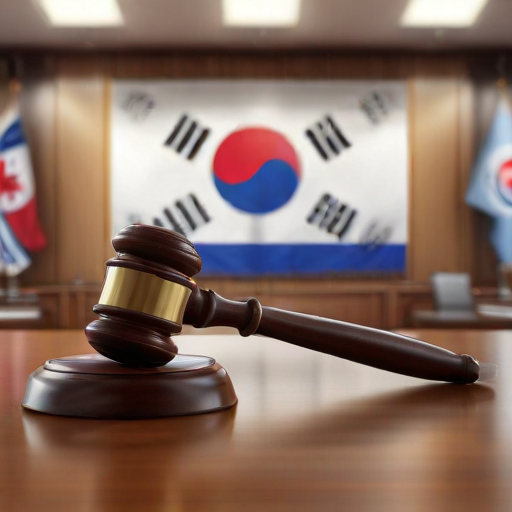South Korea’s opposition lawmakers have initiated impeachment proceedings against President Yoon Suk Yeol following his controversial attempt to impose martial law. The political turmoil escalated overnight as Yoon declared martial law, sparking immediate backlash from 190 legislators who rapidly convened to vote down the measure approximately two hours later. The declaration of martial law has been labeled by the main opposition party, the Democratic Party, as “insurrectionary behaviour.”
In a proclamation underscoring the necessity of safeguarding democracy, Democratic Party member Kim Yong-jin emphasized the importance of protecting both the lives and safety of South Koreans. The party is pursuing impeachment on the grounds of “crimes of rebellion,” and is also seeking charges against key officials including Defense Minister Kim Yong-hyun and Interior Minister Lee Sang-min, who they accuse of playing significant roles in Yoon’s martial law declaration.
Despite the intense protests from citizens demanding Yoon’s resignation—some of whom chanted “Arrest Yoon Suk Yeol”—the ruling People Power Party, to which Yoon belongs, plans to oppose the impeachment motion, as reported by Yonhap news agency. The protests persisted across Seoul, with the Korean Confederation of Trade Unions announcing an indefinite strike until the President resigns.
In the wake of the martial law decision, which Yoon claimed was prompted by fears of North Korean influence, Defense Minister Kim Yong-hyun resigned, taking responsibility for what had been a period of confusion and concern among the public. Several senior aides, including the chief of staff and national security advisor, followed suit by submitting their resignations, leaving the status of these resignations uncertain under Yoon’s administration.
The dramatic atmosphere unfolded late into the night as hundreds of troops were sent to the parliament in response to Yoon’s declaration. The tense situation included opposition members scaling fences to gain access for a decisive vote against the martial law order, which ultimately led to cheers from demonstrators outside the National Assembly when it was rescinded.
Historically, this situation recalls the impeachments of previous South Korean presidents, such as Park Geun-hye in 2016 and Roh Moo-hyun in 2004, indicating a deeply ingrained political volatility in the nation.
In a hopeful light, the swift actions of the opposition and the populace demonstrate a robust commitment to democratic principles and the importance of accountability within leadership. The unfolding events may ultimately lead to positive reforms within the government system and enhanced political engagement among citizens who are advocating for their rights.
Summary: South Korean opposition lawmakers have begun the impeachment process against President Yoon Suk Yeol after his martial law declaration was rapidly rescinded. The move has sparked widespread protests and discussions about democratic values and accountability in leadership. The situation remains tense as the National Assembly prepares to vote on impeachment, reflecting a history of political upheaval and civic activism in South Korea.
